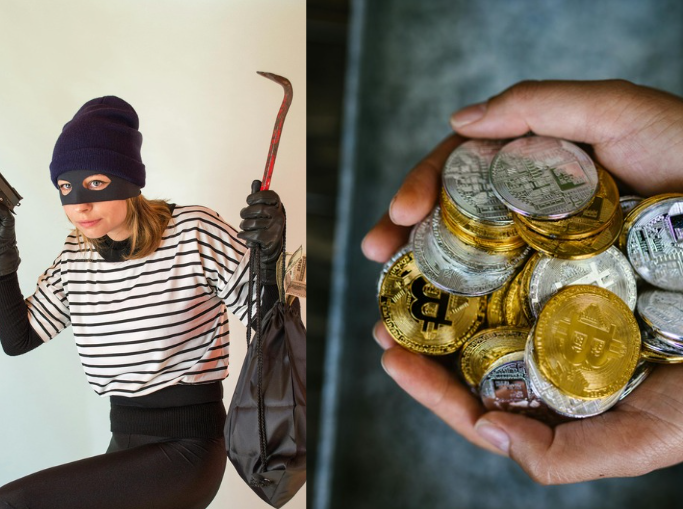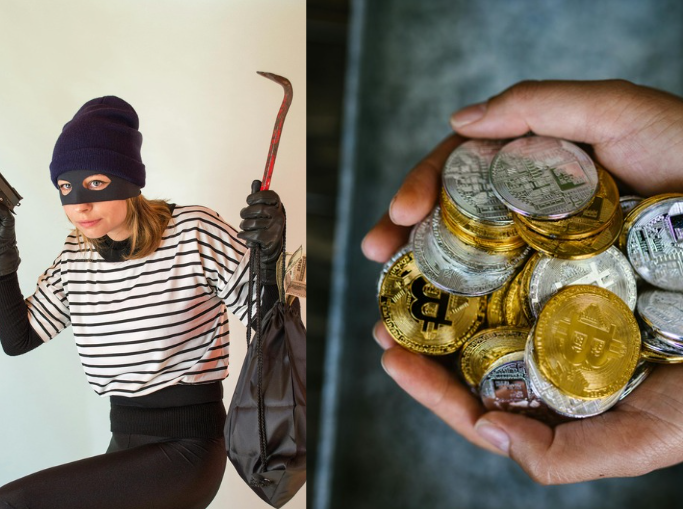The $1.5 billion crypto heist rattles the market, leaving a lasting impact on investor confidence and security.

In recent days, an unprecedented cryptocurrency heist has made headlines, with nearly $1.5 billion in Ethereum stolen. This marks the largest hack in crypto history and raises serious concerns about the security practices of major crypto exchanges. While the theft has shaken the crypto community, its consequences could reach beyond the digital currency space. Don’t worry, though – here’s everything you need to know in order to make your wallet safer.
Record Heist
Until today, the hacker attack from three years ago, which netted $610 million in various cryptocurrencies, held the record as the largest in the relatively young history of crypto. However, this infamous record has now been shattered. A single wallet containing over $1.46 billion in Ethereum was completely drained by cybercriminals. This unprecedented theft not only exposes vulnerabilities within crypto exchanges but also raises concerns about how secure our digital assets really are.
With the attack taking place during an internal transfer at Bybit, it reveals that even transactions considered secure can be targeted by hackers. The incident has led to widespread panic, but Bybit’s CEO assured customers that their funds were protected, a statement made to prevent a bank run. A bank run occurs when customers rush to withdraw their money en masse due to uncertainty, which would be catastrophic for the bank. A small bank run could not be avoided, as 350,000 withdrawal requests followed, all of which were processed.
To put this into perspective, the EU guarantees coverage of €100,000 per bank. That means the owner of the wallet would have needed to spread its worth across 14,000 European banks with the minimum coverage to achieve the same level of safety as with Bybit.
The Lazarus Hack
The massive $1.46 billion theft has made headlines, and its origins are raising even more alarm. Experts believe the hackers behind the attack are part of North Korea’s notorious Lazarus Group, responsible for funding the country’s nuclear weapons program through stolen crypto. So if there's one more Lazarus hack, quickly jump into the nearest fridge.
While there’s unfortunately not much you can do to make the transaction itself safe, other than choosing a supposedly secure provider, it is possible to store your crypto stash in a cold wallet. This is simply an offline wallet, which is therefore secure from hacker attacks.
A 10% reward has already been offered for the finder of the stolen wallet, which would be at least 100 million dollars. Dennis Rodman, I have a mission for you!
Do you have a crypto wallet? How do you secure it? Let us know in the comments!


































